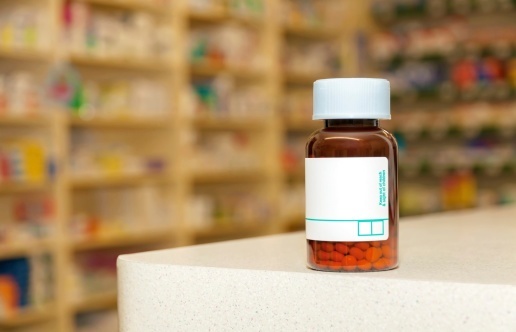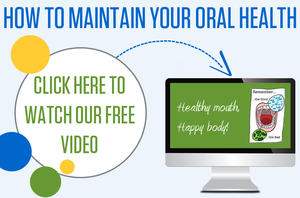By Kate Ranta on Jun 22, 2016 @ 10:56 AM
When preparing for a dental procedure that you know will be painful, you may be worried about just how painful it will be. You may feel some relief at the idea of having painkillers on hand to help. But, you should also be aware of the potential dangers of pain medications.
According to the American Society of Addiction Medicine, in 2014 approximately two million people were addicted to prescription pain medications. Since many people fail to recognize the signs of addiction until it’s already a problem, the number of unreported addictions is likely quite high.
Most dentists are aware of this issue. They will prescribe the minimum amount of the least addictive painkiller appropriate for the pain that you may experience. But, you should still pay attention to the following signs of painkiller addiction:
- Thoughts about or actually crushing the pills to snort or inject
- Anxiety when your pill supply starts to run low
- Reduction in physical movement throughout the day
- Slow reaction time
- Memory lapses
- Inability to focus on a single task
- Unexplained mood swings
- Depression
- Limited to no desire to interact with friends and relatives
- Constant drowsiness
Most people who end up addicted to painkillers never imagined that it would happen to them. Prescription drugs create changes in their brains that drive them to crave the drug. But, there are some precautions that you can take to limit your risk:
- Tell your dentist if you have a history of drug abuse or alcoholism.
- If your dentist recommends a prescription for pain medication, ask about the potential for addiction. You're more likely to use the medication with care if you understand the risks.
- Treat all prescription painkillers as a last resort. In many cases, over-the-counter medications will get you through.
- Don’t fill the painkiller prescription unless you know that you will need it. Sending a loved one to pick up the pills is less convenient than grabbing a nearby bottle of pills.
- Try not to focus on the pain during recovery. Take naps, binge watch a television show or read a good book.
The best way to protect yourself from addiction to pain meds after painful dental procedures is to put someone you trust in charge of your intake. Share this post with them so that they understand the warning signs of addiction. They should take action if they notice that you are overly concerned with your pill supply or if you are craving the pills when you don’t need them anymore. Help is available from local rehab facilities, but your dentist can also recommend local resources.





comments